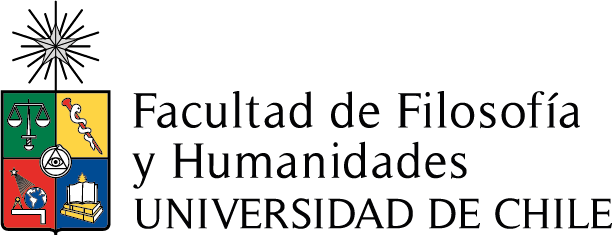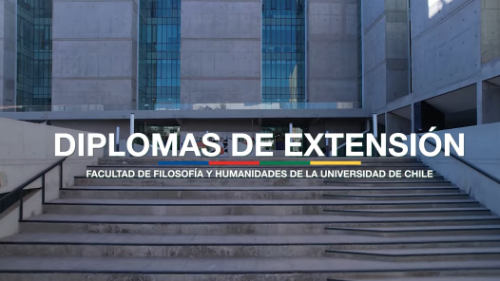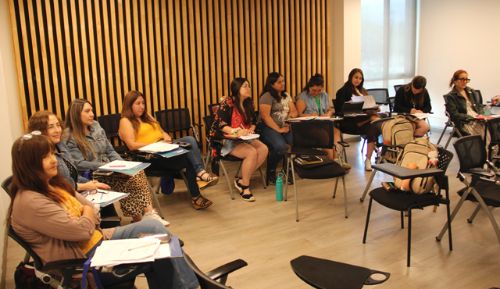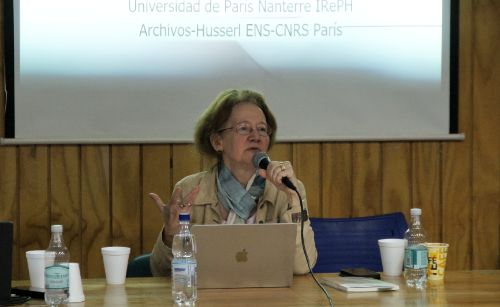The entire program lasts six months, with classes taking place only twice a week, for three hours each night. It is organized into ten modules, which are designed to facilitate the completion of the program’s final project: the creation of a student video highlighting a specific Chilean cultural practice or phenomenon.
Some of the modules that form part of Chilean Studies include: The History of Chile, The Music and Popular Culture of Chile, Chilean Literature, Chilean History and Culture through Film, Intercultural Communication and The Chilean State and the Political Economy.
The program also incorporates guided fieldsite visits to places in Santiago (and Valparaiso) where students can apply the knowledge and the tools acquired in class towards their own interpretations (in the field) of the cultural and historical phenomena observed. Although all classes are taught in English, two of the modules (Chilean Literature and The Popular Music and Culture of Chile) are also offered in Spanish.
The program is aimed at foreign residents in Chile, international students or academics, diplomats, and Chilean professionals in the areas of: English, education, cultural management, international education, international tourism, among others.
The Chilean Studies program builds upon the Department of Linguistics’ growing experience with different academic initiatives related to language and culture. For over many years, the department’s Spanish for Foreigners program has housed hundreds of students from all over the world who overwhelmingly prefer the University of Chile as a place to not only learn Spanish but to receive invaluable intercultural knowledge and skills. Claudia Flores, the coordinator of the program, believes that there is a lot of interest in Chilean history and culture on the part of foreign residents, refugees and immigrants whom she teaches on a daily basis. “In many developed countries, what you have is an overall concern with being able to provide special programs that teach language, culture, and history to those who are trying to integrate themselves into local society, and this is analogous to what we are doing here with Chilean Studies,” Claudia affirms.
Chilean Studies also builds on the experiences associated with the British and American cultural studies programs, which the department has developed in recent years—programs that have been designed and carried out in order to bring Chilean students closer to British and American culture respectively. The coordinator of these two programs, the visual anthropologist Anthony Rauld, considers the creation of the new Chilean StudiesDiplomado to be almost personal. Although Anthony’s parents are both Chilean, he spent his early years in England, before relocating to California, where he attended high school and college. Reflecting on his own cultural background, Anthony comments, “I am a person who basically grew up in three different cultures, and now that I am permanently living in Chile, and feel very connected to my heritage, I feel like it is my duty to not only develop, in collaboration with my students, a local perspective on the American and British giants of the north, but also to ensure that people who come to Chile can really understand and appreciate this very fascinating culture, with its politics, its tumultuous history, its social justice struggles, nothing is off the table really.”
As such, Chilean Studies continues the important work at the Linguistics Department to develop an intercultural and global platform where students and professionals from different walks of life can produce and share the knowledge necessary for a rapidly changing world.
For more information about this exciting new opportunity, please contact Prof. Anthony Rauld at chileanstudies@gmail.com.





